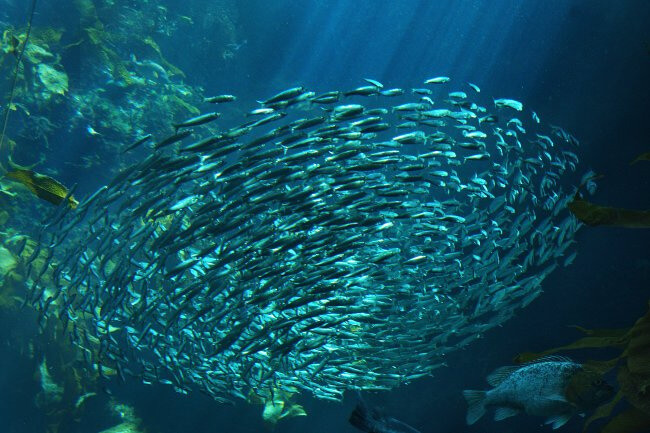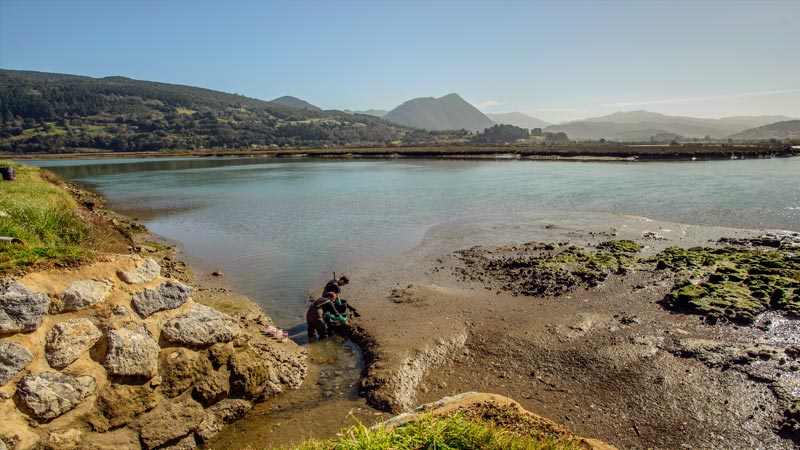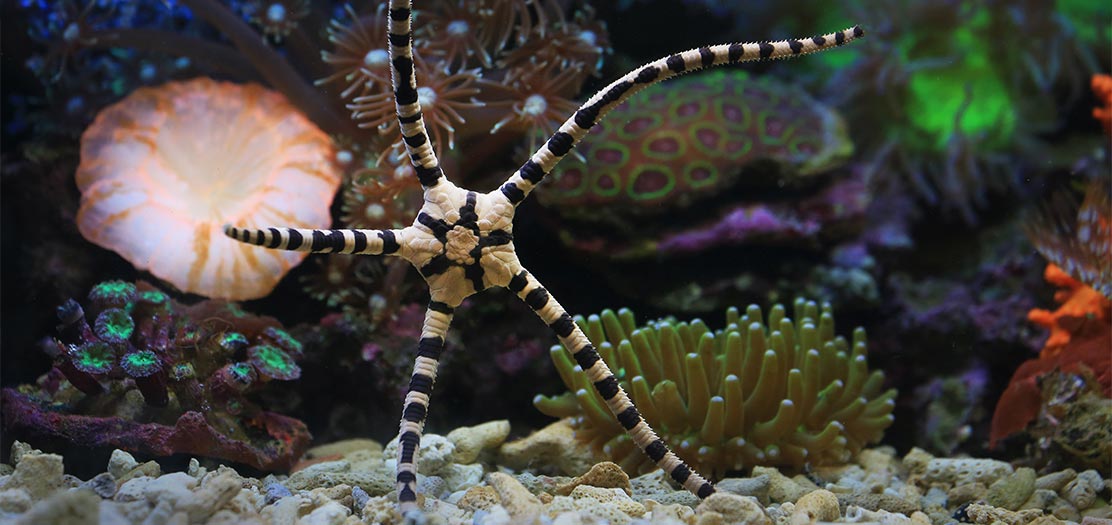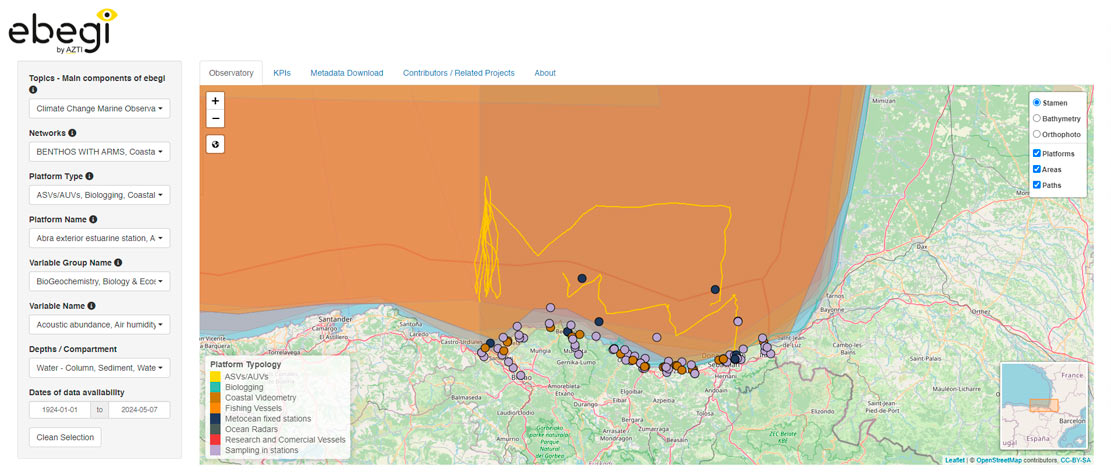EPELECO
Evaluating the pelagic realm from an integrated ecosystem based perspective in a changing world: insights from the NE Atlantic

To evaluate the dynamics of the pelagic ecosystem of the Bay of Biscay, we need to better understand the trophic interactions between different pelagic components, including the interaction with different external stressors such as fishing activity and environmental changes.
Within this context, we present the EPELECO research project based on a multidisciplinary approach that integrates the existing and innovative information derived from multidisciplinary pelagic surveys to implement an improved framework towards an ecosystem-based management of the Bay of Biscay pelagic ecosystem. The need of improving the knowledge about trophic interactions between different pelagic components and the existing relationship between abiotic and biotic components has already been identified as an important gap in the study area.
Additionally, the lack of information about the state of some biotic components and their spatial and temporal dynamics has also been highlighted. Addressing these three issues will help making big progresses towards the operationalization of the ecosystem approach in the study area, both from an Ecosystem Approach to Fisheries (EAF) and an Ecosystem Based Fisheries Management (EBFM) perspective.
EPELECO will try to close knowledge gaps by collecting and analyzing information of ecosystem components other than the pelagic species historically targeted by these surveys. This means that new information will available on the spatial variability of some environmental variables, but also about biotic components that directly interact with and influence the spatial dynamics of pelagic species.
Collected samples will also help to better understand the trophic interactions and their spatial variability. A visu and stable isotopes techniques will be used then to analyze the samples and the potential influence of environmental variables on the spatial dynamics of pelagic species will be analyzed by using a holistic framework. All this new information together with the one that will be collated from the existing databases will help implementing different mechanistic multispecies and ecosystem models that might at the same time contribute to improve current knowledge on the pelagic realm. Given the spatial dimension of the existing information, the spatial distribution of pelagic species, their spatial trophic interactions and their variability could be analyzed by using spatial and temporally dynamic tools.
By developing an ecosystem-based modelling framework to support decision making in fisheries management, we will able to (1) incorporate new data on ecosystem scale surveys and (2) to incorporate trophic relationships between different pelagic components with the aim of (a) develop a new framework for supporting tactical decision makings of pelagic species from a holistic perspective and (b) implement a spatial and time dynamic model that provides a working framework for a long term strategic management of the Bay of Biscay ecosystem, requiring the participation of involved stakeholders during the process.
The present research proposal will be developed within the general guidelines of environmental sustainability and biodiversity with the specific objective of addressing the challenge of sustainability of natural resources in general and marine ecosystems in particular within the Spanish Strategy of Science, Technology and Innovation, adapted from the new Horizon 2020 European framework for Research and Innovation.
| Participants |
AZTI (coordinator), IEO and Agrocampus Ouest |
| Funding |
Ministerio de Ciencia, Innovación y Universidades (MCIU), Agencia Estatal de Investigación (AEI) and Fondo Europeo de Desarrollo Regional (FEDER) |
| Length |
2019-2022 |









